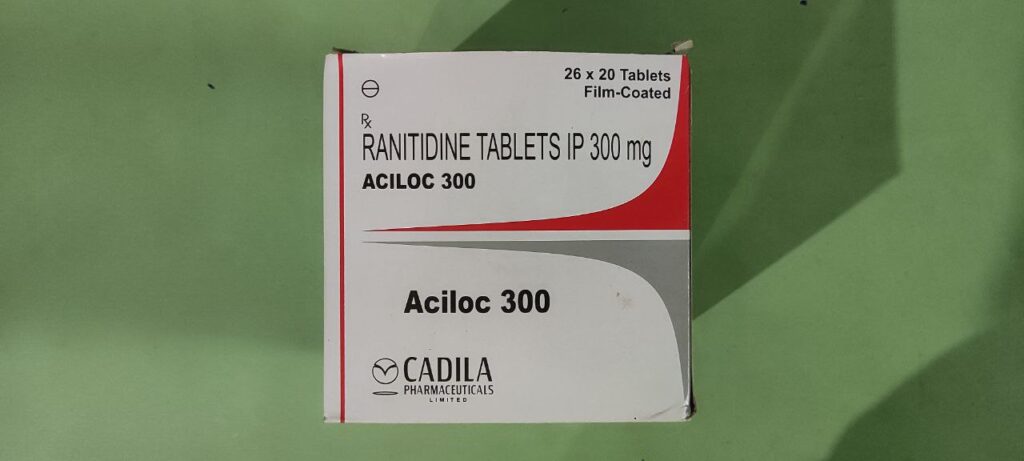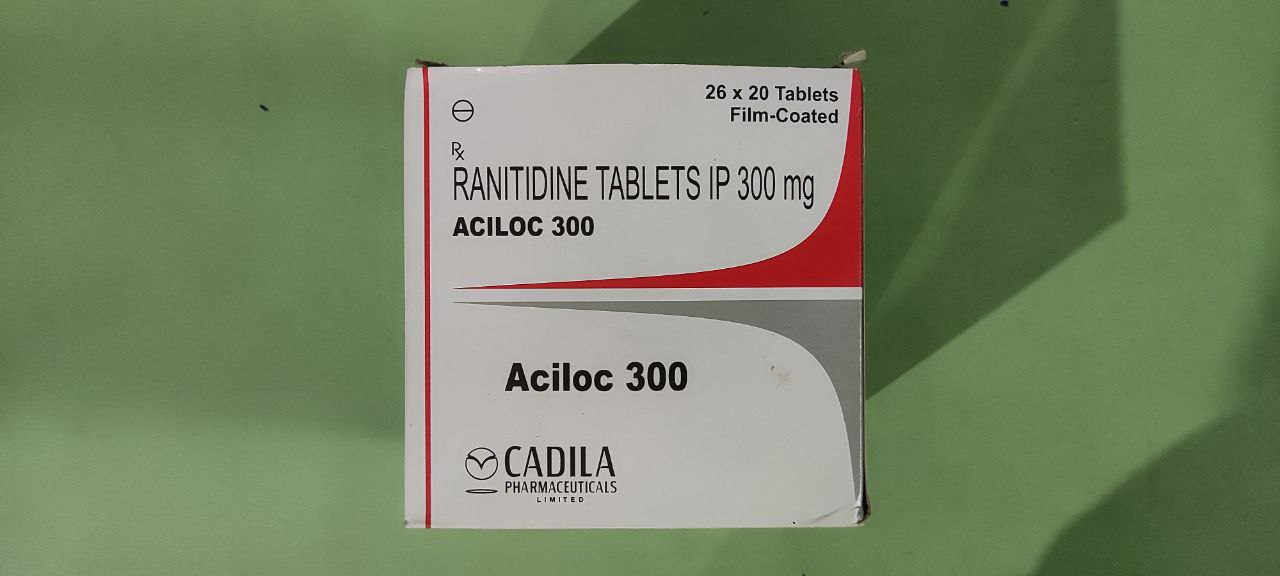Aciloc 300 in Pregnancy: Safety, Uses, and Precautions – In the journey of pregnancy, women often face various discomforts and health issues. Among these, acid reflux or heartburn is a common problem experienced by many expectant mothers. To alleviate this discomfort, doctors may prescribe medications like Aciloc 300. However, concerns regarding its safety during pregnancy arise. This article aims to explore the safety, uses, and precautions associated with Aciloc 300 during pregnancy.

Understanding Aciloc 300
What is Aciloc 300?
Aciloc 300, also known by its generic name ranitidine, belongs to a class of medications called H2 blockers. It works by reducing the production of stomach acid, thereby alleviating symptoms of acid reflux, heartburn, and stomach ulcers.
How Does Aciloc 300 Work?
Aciloc 300 works by blocking histamine receptors in the stomach, which reduces the production of stomach acid. This helps in relieving symptoms of acid reflux and heartburn.
Safety of Aciloc 300 During Pregnancy
Is Aciloc 300 Safe During Pregnancy?
Pregnant women experiencing severe acid reflux may wonder about the safety of taking Aciloc 300. While research suggests that Aciloc 300 is generally considered safe during pregnancy, it is essential to consult with a healthcare provider before using any medication during pregnancy.
Potential Risks and Benefits
Healthcare providers weigh the potential risks and benefits of using Aciloc 300 during pregnancy. In some cases, the benefits of alleviating severe acid reflux symptoms may outweigh the potential risks associated with the medication.
Uses of Aciloc 300 During Pregnancy
Treatment of Acid Reflux and Heartburn
One of the primary uses of Aciloc 300 during pregnancy is the treatment of acid reflux and heartburn. These symptoms are common during pregnancy due to hormonal changes and the pressure exerted by the growing uterus on the stomach.
Prevention of Stomach Ulcers
Aciloc 300 may also be prescribed to pregnant women at risk of developing stomach ulcers. By reducing stomach acid production, Aciloc 300 helps prevent the formation of ulcers in the stomach lining.
Precautions and Considerations
Consultation with Healthcare Provider
Before taking Aciloc 300 or any other medication during pregnancy, it is crucial for expectant mothers to consult with their healthcare provider. A healthcare provider can assess the individual’s medical history and provide personalized recommendations.
Dosage and Duration
Pregnant women should follow their healthcare provider’s instructions regarding the dosage and duration of Aciloc 300. It is essential to take the medication exactly as prescribed to achieve optimal results while minimizing potential risks.
Conclusion
In conclusion, Aciloc 300 can be a helpful medication for pregnant women experiencing acid reflux, heartburn, or stomach ulcers. While it is generally considered safe during pregnancy, it is essential to consult with a healthcare provider before using any medication. By discussing the potential risks and benefits, expectant mothers can make informed decisions regarding the use of Aciloc 300 to manage their symptoms effectively.
FAQs (Frequently Asked Questions)
- Is Aciloc 300 safe for all pregnant women?
- Aciloc 300 may not be suitable for every pregnant woman. It is essential to consult with a healthcare provider to determine if it is appropriate for individual circumstances.
- Can I take Aciloc 300 without consulting a healthcare provider?
- It is not recommended to take Aciloc 300 or any other medication during pregnancy without consulting with a healthcare provider first.
- Are there any side effects of taking Aciloc 300 during pregnancy?
- While Aciloc 300 is generally considered safe, some women may experience mild side effects such as headache, dizziness, or nausea. It is essential to report any unusual symptoms to a healthcare provider.
- Can I stop taking Aciloc 300 if my symptoms improve during pregnancy?
- Pregnant women should not discontinue Aciloc 300 or any other medication without consulting with their healthcare provider, even if their symptoms improve.
- Are there any alternative remedies for acid reflux during pregnancy?
- Some pregnant women may find relief from acid reflux symptoms through lifestyle modifications such as eating smaller meals, avoiding spicy or acidic foods, and elevating the head while sleeping. However, it is essential to discuss any concerns with a healthcare provider.




